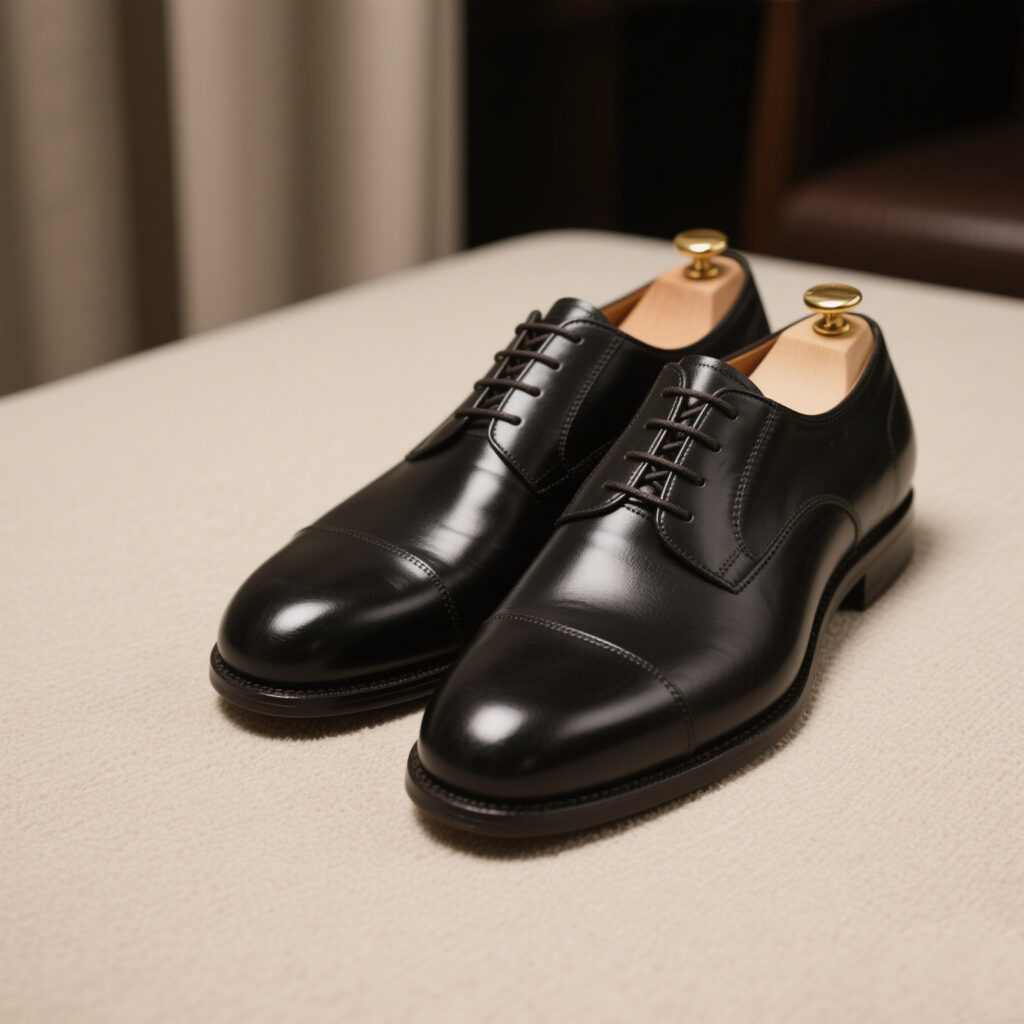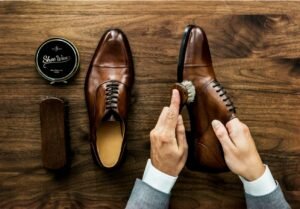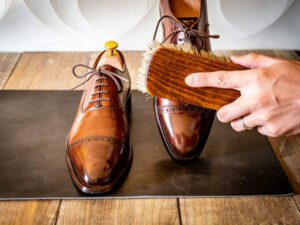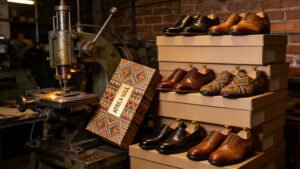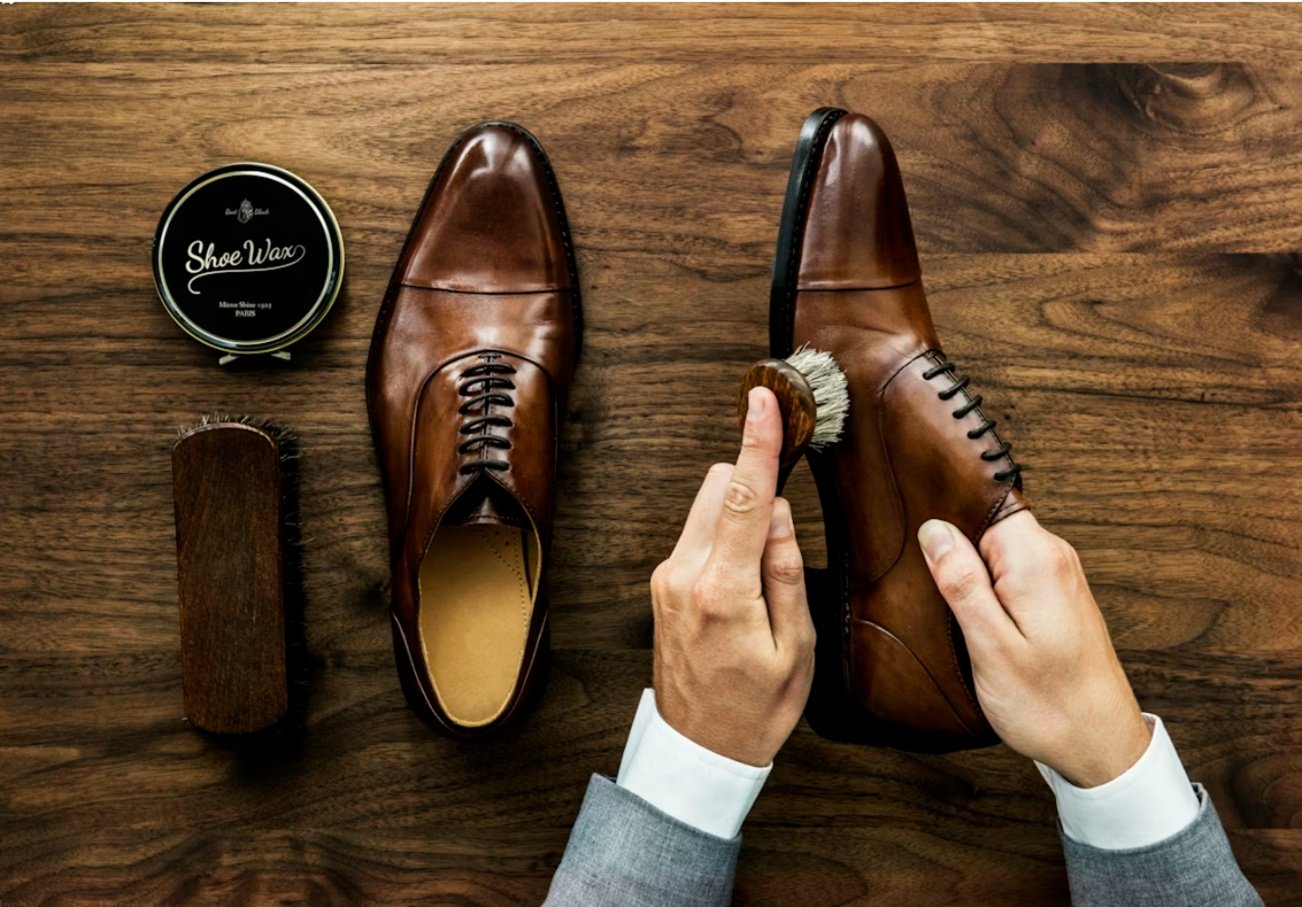Last Updated on 2025-09-06 by Topmenz Shoes
formal shoes are the cornerstone of sophisticated attire, embodying elegance, tradition, and practicality. Whether attending a black-tie gala, a corporate meeting, or a wedding, the right pair of formal shoes can elevate an outfit from ordinary to extraordinary. For over a century, formal shoes have symbolized status, craftsmanship, and personal style. In this comprehensive guide, we’ll explore the evolution of formal shoes, dissect their key styles, and provide actionable advice on selecting the perfect pair. As a factory specializing in custom footwear, we’ll also highlight how bespoke formal shoes can transform your wardrobe.
1. The Evolution of Formal Shoes
formal shoeshave a rich history rooted in both functionality and fashion. Let’s trace their journey from ancient times to modern sophistication:
1.1 Early Origins
Ancient Civilizations: Early formal footwear, such as Roman calceus (closed-toe shoes), symbolized social rank.
Medieval Europe: Pointed shoes called poulaines became status symbols among nobility.
1.2 The Birth of Modern Formal Shoes
18th–19th Centuries: The Industrial Revolution introduced mass production, but handmade leather shoes remained a luxury.
Victorian Era: Oxfords emerged as a refined choice for men, replacing bulky boots.
1.3 20th Century to Today
1920s–1950s: Brogues gained popularity for semi-formal events, while patent leather became synonymous with black-tie attire.
Contemporary Trends: Formal shoes now blend classic designs with modern materials like vegan leather and sustainable synthetics.
2. Key Styles of Formal Shoes
Understanding the nuances of formal shoe styles is essential for making an informed choice. Below are the most iconic types:
2.1 Oxford Shoes
Design: Closed lacing system, sleek toe cap, and minimal detailing.
Occasions: Ideal for weddings, business meetings, and black-tie events.
Customization Tip: Opt for full-grain leather for durability and a polished finish.
2.2 Derby Shoes
Design: Open lacing system, offering a slightly relaxed fit.
Occasions: Versatile for both office wear and cocktail parties.
Material Options: Suede Derbies add a contemporary twist to formal outfits.
2.3 Monk Strap Shoes
Design: Buckle closure instead of laces, exuding old-world charm.
Occasions: Perfect for creative industries or artistic events.
Pro Tip: Single-monk styles are more formal; double-monk straps lean casual.
2.4 Loafers
Design: Slip-on style with a moccasin-inspired construction.
Occasions: Suitable for business-casual settings or summer weddings.
Customization: Add tassels or metal accents for a personalized touch.
2.5 Opera Pumps
Design: Laceless, low-cut shoes with a grosgrain bow.
Occasions: Reserved for white-tie events and ultra-formal gatherings.
- Rated 0 out of 5
- Rated 0 out of 5
- Rated 0 out of 5
- Rated 0 out of 5
3. Materials Matter: Choosing the Right Fabric
The material of formal shoes impacts aesthetics, comfort, and longevity. Here’s a breakdown:
3.1 Leather Types
Full-Grain Leather: Durable and develops a patina over time. Best for Oxfords and Derbies.
Patent Leather: High-gloss finish for black-tie events.
Suede: Soft texture ideal for autumn/winter weddings.
3.2 Synthetic Alternatives
Vegan Leather: Ethical and lightweight, suitable for eco-conscious buyers.
Microfiber: Resistant to scratches and water, perfect for rainy climates.
3.3 Sole Materials
Leather Soles: Traditional and breathable but less water-resistant.
Rubber Soles: Offer grip and durability for outdoor events.
4. The Art of Craftsmanship: Handmade vs. Machine-Made
As a custom shoes factory, we emphasize the superiority of bespoke craftsmanship:
4.1 Handmade Formal Shoes
Advantages:
Precision stitching for longevity.
Custom lasts (molds) tailored to foot anatomy.
Attention to details like hand-painted edges.
Our Process: Over 100 steps, including pattern cutting, welt stitching, and hand-polishing.
4.2 Machine-Made Shoes
Limitations: Standardized sizes may compromise comfort.
When to Choose: Budget-friendly options for occasional wear.
5. How to Choose the Perfect Formal Shoes
Selecting formal shoes requires balancing style, comfort, and practicality. Follow these guidelines:
5.1 Assess the Occasion
Black-Tie Events: Patent leather Oxfords or opera pumps.
Business Formal: Cap-toe Oxfords in black or burgundy.
Cocktail Attire: Brogue Derbies in brown suede.
5.2 Prioritize Fit
Measurement Tips:
Measure feet at the end of the day when they’re slightly swollen.
Ensure a thumb’s width of space between the toe and shoe tip.
Custom Solutions: Our factory offers 3D foot scanning for millimeter-perfect fits.
5.3 Color Coordination
Classic Colors: Black (formal), Brown (versatile), Oxblood (bold).
Matching Rules: Shoes should always match your belt.
5.4 Comfort Enhancements
Cushioned Insoles: Add shock absorption for prolonged wear.
Arch Support: Critical for individuals with flat feet or high arches.
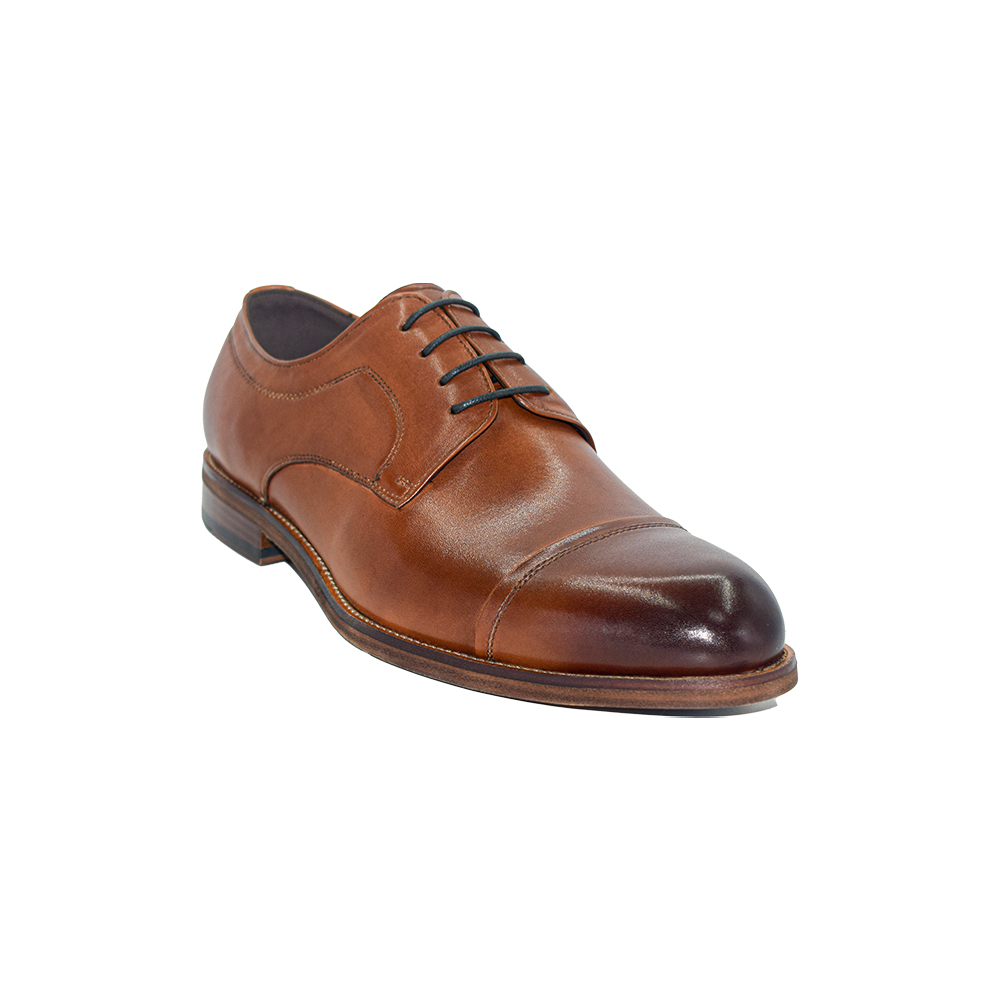

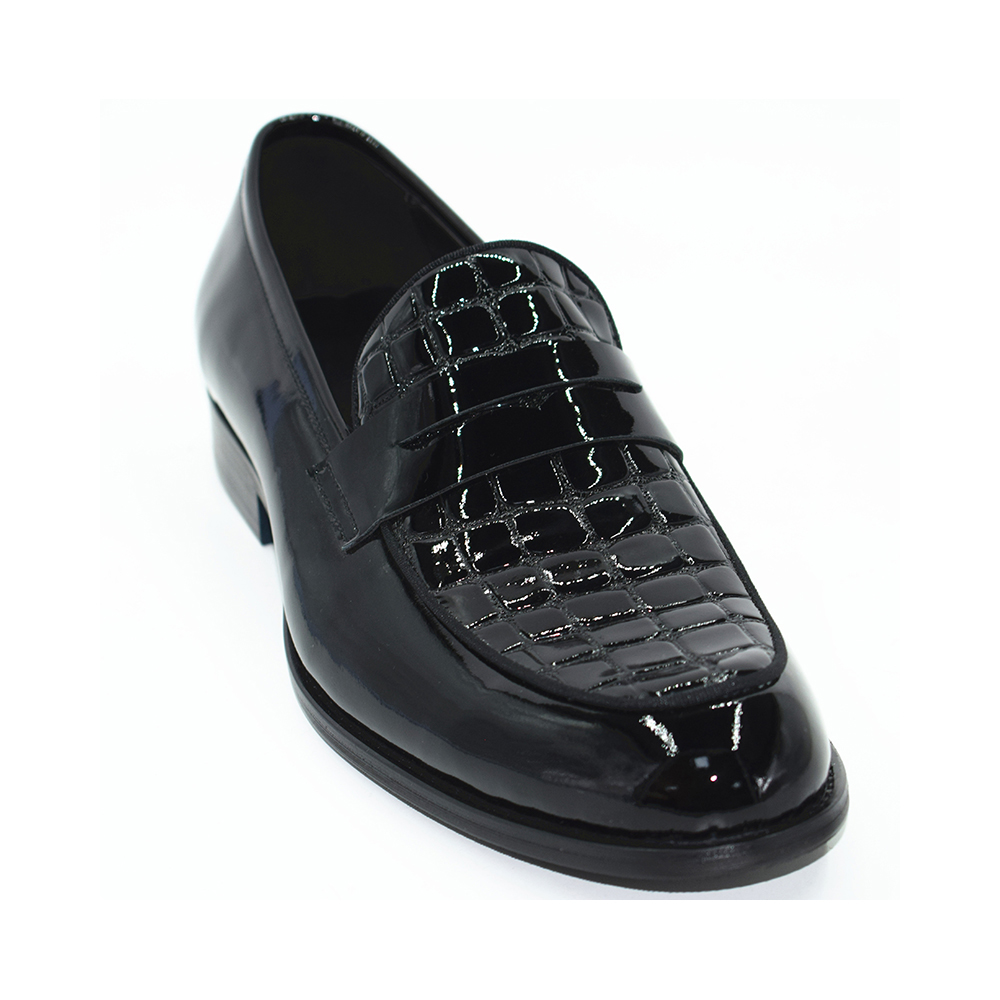

6. The Benefits of Custom Formal Shoes
As a factory with 30 years of expertise, we advocate for bespoke formal shoes for these reasons:
6.1 Personalized Design
Choose toe shapes, stitching patterns, and heel heights.
Embroider initials or add family crests for sentimental value.
6.2 Unmatched Comfort
Custom lasts address issues like bunions or wide feet.
Breathable linings prevent sweating and blisters.
6.3 Sustainability
Repairable construction extends shoe lifespan.
Ethically sourced materials reduce environmental impact.
6.4 Exclusive Materials
Exotic options like crocodile leather or velvet for luxury seekers.
7. Caring for Formal Shoes
Proper maintenance ensures your formal shoes age gracefully:
7.1 Cleaning Routine
Leather: Use a damp cloth and conditioner to prevent cracks.
Suede: Brush with a soft-bristle tool and apply waterproof spray.
7.2 Storage Tips
Use cedar shoe trees to maintain shape and absorb moisture.
Store in breathable dust bags away from sunlight.
7.3 Professional Repairs
Resole worn-out leather soles.
Re-dye faded areas to restore vibrancy.
Elevate Your Style with Formal Shoes
formal shoes are more than footwear—they’re an investment in your image. By understanding their history, styles, and craftsmanship, you can make choices that reflect sophistication and individuality. As a custom shoe factory, we invite you to explore the world of bespoke formal shoes, where every stitch is a testament to artistry and precision. Whether you seek timeless Oxfords or avant-garde loafers, let your shoes speak volumes about who you are.
Any questions pls contact custom shoes expert Whatsapp +86 13392749315 and Get the latest news and updates straight to your email inbox.

